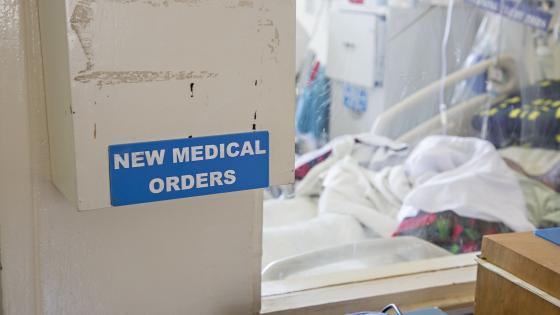DP12996 Does Voluntary Risk Taking Affect Solidarity? Experimental Evidence from Kenya
In this study we experimentally investigate whether solidarity, which
is a crucial base for informal insurance arrangements in developing
countries, is sensitive to the extent to which individuals can influence
their risk exposure. With slum dwellers of Nairobi our design measures
subjects' willingness to share income with a worse-off partner both
in a setting where participants could either deliberately choose or
were randomly assigned to a safe or a risky project. We find that
only a subgroup of subjects reduces willingness to give when risk
exposure is a choice. Responses are limited to donors in the risky
project, whereas donors in the safe project do not adjust their
willingness to give. This difference in behaviour can be explained
by differential giving in the absence of choice. Lucky winners with the risky
project show a particularly high degree of solidarity with unlucky
losers compared to donors and partners assigned to the safe project
when they face risk for exogenous reasons. The possibility of free
project choice removes these differences in generosity and we show that this is driven by attributions of responsibility for neediness. Our results suggest that crowding out of informal
support might be less severe than suggested by the studies from Western
countries and the evidence on formal insurance from developing countries.


